Questioning Islam: Tough Questions & Honest Answers About the Muslim Religion
£9.50
Many questions are currently being asked about the place of Islam in the modern world. Among these questions the most important one of all sometimes gets lost: Is Islam true? With his new book author Peter Townsend invites you to accompany him on a journey through the foundational texts of the Muslim religion. In the process the truth-claims of Islam will be respectfully, honestly and impartially evaluated. Along the way the following questions will be asked: • Can the traditional Islamic historical accounts be trusted? • Is the Qur’an a ‘Perfect Book, Perfectly Preserved’? • Was Muhammad indeed a ‘Beautiful Pattern of Conduct’? The answers to these questions will not be sought from modern commentaries on Islam. Instead Questioning Islam goes straight to the classic sources of Islam namely the Qur’an, hadiths (traditions) and biographies of Muhammad. Questioning Islam is not an attempt to promote any other belief system or ideology. Its focus is simply on asking the hard questions about Islam that are all too often ignored or swept under the carpet. Simply put, if you have ever wondered whether the truth-claims of Islam can withstand critical scrutiny then this book is for you!
Read more
Additional information
| Publisher | 1st edition (27 Jun. 2014), CreateSpace Independent Publishing Platform |
|---|---|
| Language | English |
| Paperback | 254 pages |
| ISBN-10 | 1500336203 |
| ISBN-13 | 978-1500336202 |
| Dimensions | 15.19 x 1.35 x 22.91 cm |

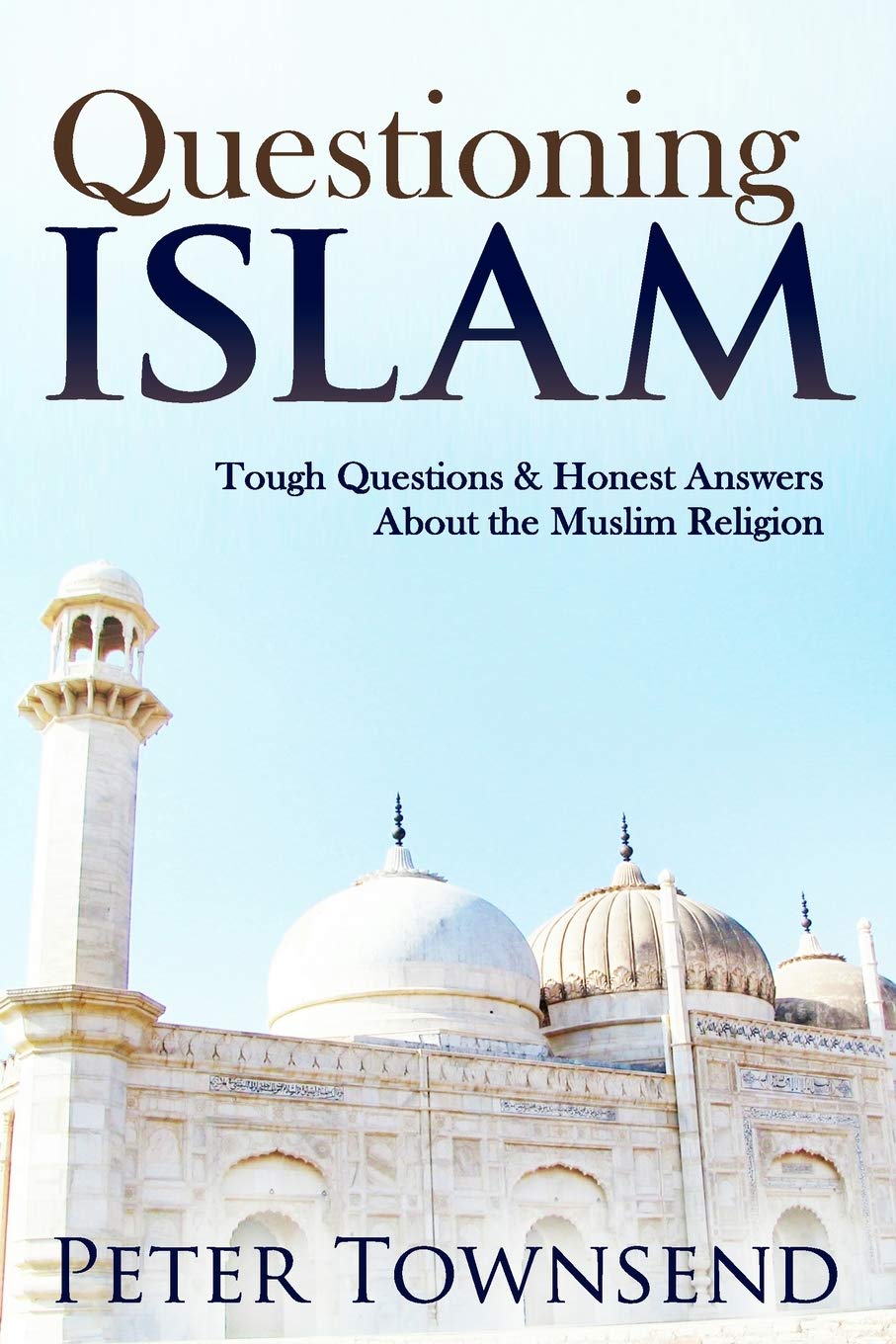
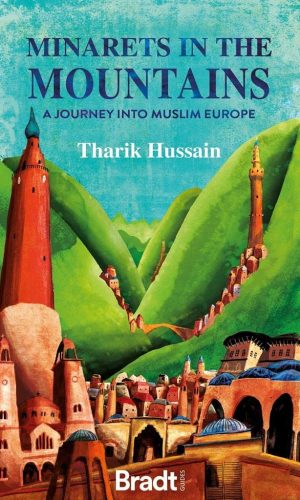
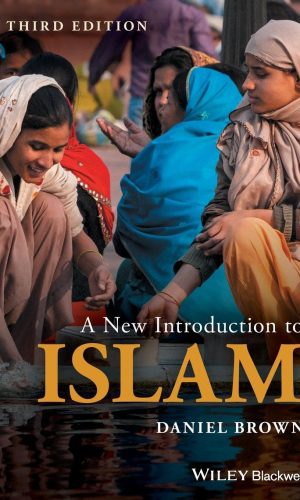
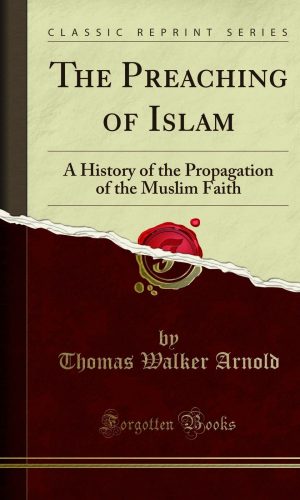
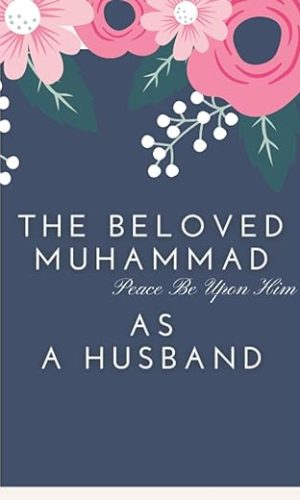
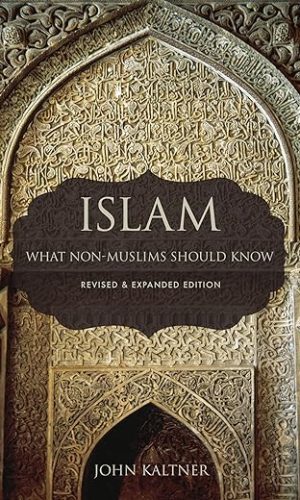
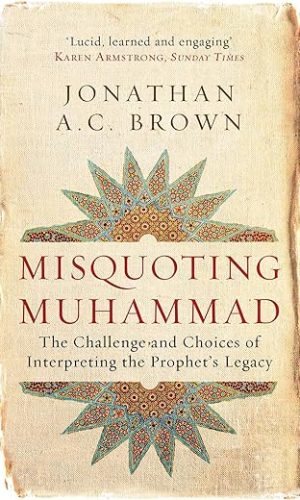
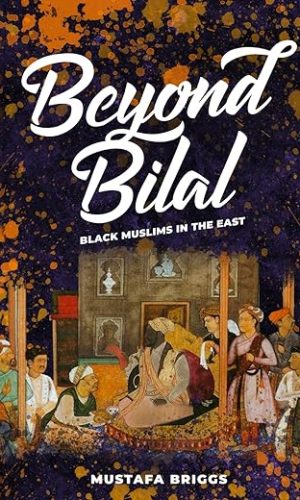
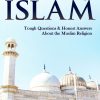
by Mic Le Critique
It is quite extraordinary that in the 21st century many still believe in a ‘off universe’ celestial intervention in all things. That some 700,000 Hebrews lived in the desert for 40 years; that a man was executed and came alive again after 4 days and then ascended (went physically upwards) into what is called Heaven. And then some 500 years after that a man in a cave, again in a desert, took instructions from an ‘Angel’ to recite a message from an ‘off universe’ divinity roughly repeating ideas contained in the preceding faiths. To this reader the Abrahamic faiths are understandable in the context of the times in which they were created when the population had no recourse to question the veracity of information that was determined by those who controlled them. Peter Townsend focuses on Islam but the other Abrahamic faiths share distinct similarities in invocation. Consensus on the historical and traditional accounts on each is still as far away as ever. The revisionist writers on the faiths base their findings on verifiable facts available from written historical, archaeological and numismatic sources from the areas invoked in all three faiths. The traditional accounts rely on orally transmitted memorised impressions passed on from generation to generation without any other form of verification. No Judaic, Christian or Muslim academic historian can accept this and Mr Townsend does not. His main criticism is for the Quran the contents of which, according to tradition, was passed to Mohammed via an Angel, who instructed him to recite the message from God (Allah). Townsend has tread carefully with this as he does appreciate the sensitivity that this represents to Muslims. However his conclusions do indicate that far from being written by Mohammed, he was illiterate, most of the revelations were memorised intact by others for years after Mohammed died, were then written in Syriac (Arabic was not a written language at the time then and was then \htranslated much later), borrowed extensively from Judaic and Christian sources all of which predate Islam, contain verifiable errors along with whole sections that are meaningless in the original Arabic as well as translations. However the faithful do continue to believe in the traditional accounts. The weakness in Islam is that it has no moderators, no single guiding philosophy hence the ascendance of the small but deadly sub group the so call Islamic state (Daesh) with Islam generally unable to do anything about it.
by Brian Lait
I am not an Arabist, so depend on the English translations of all things Islam. I have an indexed English language copy of the Qur’an first published by Penguin back in 1956 and reprinted regularly since with various revisions. My copy was published in 2003
I am totally unimpressed by the Qur’an, and even less impressed by Islam. I have long, long ago regarded it as a “false” religion, but have become increasingly concerned about the manner of its spreading and ‘blossoming’ into something that is nothing less than an outright threat to other religions and peace loving people. Worst of all I am almost regarded as a criminal by other Christians for criticizing Islam, despite being able to do so through lengthy study and understanding of it.
Mr. Townsend’s book makes a very good job of highlighting the very many defects that the religion has, and he does quite a good job of explaining why, albeit in fairly dramatic style. I enjoyed reading the book and recommend it, but it falls short of the style quality and prose ability of Robert Spencer in his excellent book “Did Muhammad Exist ?”.
What I think concerns me most in trying to understand Islam, and the Qur’an and Hadiths in particular, is what appears to be the very wide variations in the English used in the translations, whether that used by Townsend, Spencer, Penguin or what I have seen online. Townsend rightly points out that there are different versions of the Qur’an in use, but not, I’m sure, as varied as the English language versions flying around, and it might not be a bad idea if there was an ‘authorised’ version in English !
Part of this confusion with English is highlighted in the few examples I now detail on some of the content of Townsend’s book, and I am left wondering if he made errors in the writing or was using a translation which showed a different ‘result’ than my Penguin version:
Reference is made to ‘Alms’ in 21:110 yet I cannot find the word or anything similar in my copy.
He states that 105:4 mentions ‘baked clay’ whereas my version says ‘clay stones’.
He talks of the ‘sabbath’ in 27:124 yet for me 27 stops at verse 93.
He states that 74:30 translates as ‘Over it there are nineteen’ and then asks “nineteen what ? The Qur’an is silent”. My version, however, says ‘it is guarded by nineteen keepers’. Quite a difference. Translation or interpretation ?
According to Townsend 30:2-5 translates as ‘The Roman Empire has been defeated…….’, yet my Penguin book (30:1-5, incidentally) says’ The Greeks have been defeated……….’ and there is a footnote to say “By the Persians in Syria in A.D. 615”
The book comments in detail about the so-called ‘law of abrogation’, particularly where the more violent verses ‘abrogate’ earlier more calm ones. Since it appears to be pretty clear that the Qur’an was probably written some time after Muhammad existed, and was written to assist in pulling the Arab conquests together, then such ‘violent’ verses make sense since Muhammad was purported to be a warrior. What I do not understand, however, is why the earlier ‘calmer’ verses are left in there if they have been superseded by later ones if the Qur’an is supposed to be the perfect book. Such a ‘perfect book’ surely would not have ‘imperfections’ in it ?
The various verses regarding alcohol are clear examples: 2:219; 4:43 and 5:90. They are contradictory, but based on abrogation, 5:90 is the winner, so why are 2:219 and 4:43 still in there ?
Regardless, than you Mr. Townsend for an entertaining read. I learned a few new matters and strengthened my beliefs about Islam and its holy book.